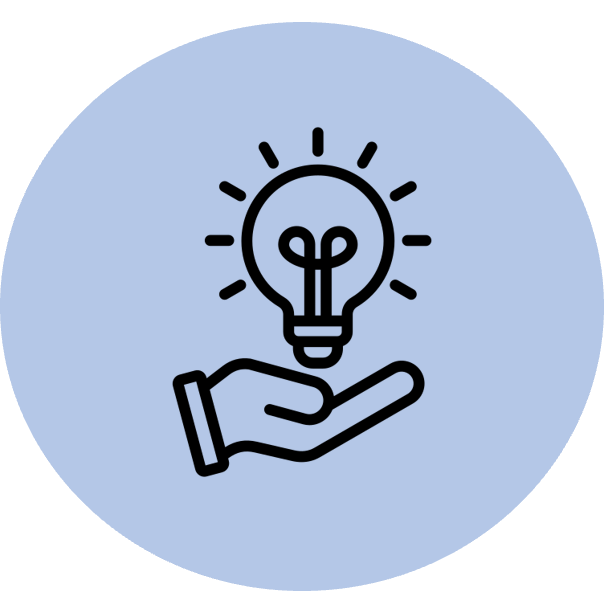My spouse wants me to do more of menu planning. I already do a good state of the cooking, but I typically cook things I already know how to make, or at least things I’ve eaten before. She would like me to read cookbooks to find new ideas, and she’s got over a hundred, many for cuisines I’m familiar with and enjoy.
The problem is I can’t read them. I mean, I can physically pick them up and read the words but that doesn’t give me any information about what the dish is or how to prepare it. I can pick up a programming manual and read it just fine, see what a function does, its inputs and outputs and use cases.
I know some of if the obstacles:
-
Ingredients listed separately from directions, so when I read “Add the tomatoes and stir” I have to leave my place in the directions to find out how much tomatoes.
-
Directions not always chronological: A full paragraph about preparing a sofrito will be followed by one starting “At the same time…”
-
Ingredients that are added at the same time are not always grouped together (some books are better about this).
-
Many recipes discuss how long to cook something but linear time is an illusion. Some rare books will tell you what color, translucency, texture, or aroma and ingredient should have before the next step, and those ones are easier to use.
-
Lack of narrative / lack of flow / lack of reason or purpose for individual steps. I can remember easily that to make mac’n’cheese richer and more indulgent you can brown the butter you use to make the cheese sauce, but cookbooks rarely tell you why you’re doing any individual step and if they do, it’s in a paragraph of text above or below the recipe where it’s easy to miss.
Recently I was able to cook something new from a cookbook (albeit something I’ve eaten from restaurants and know that the final result should be) by copying everything down onto notecards, and rearranging them into chronological groups, and then copying that onto another piece of paper that I could refer to while cooking. But A) that took over an hour and 2] it was only possible because I already knew the finished dish. I seek to be able to read a cookbook and find new dishes to cook, the way I can pick up a new programming language by reading it’s function documentation.
Any tips?


For bullet point one, do something called mise en place. Basically, measure out all your ingredients and lay them out before you start cooking, so you don’t have to worry about how much tomato to pour in.
Two and three are solved by reading the recipe before cooking, and making a game plan about how you’re going to do each step. Recipes don’t expire, you have time to plan things out.
For four, if you’re given a time, usually that means that the recipe has a larger margin for error on cooking something, so simply following the time will leave you with a proper cook. Unless the recipe sucks, which does happen. Getting a reputable recipe book avoids that problem.
For five: most recipe books are written for busy people who just want to put good food on the table. So you’re not getting a technical explanation because you’re not expected to know or care why something works.
But there are books that go into more details. But they’re less recipe books and more technical manuals. Nomas guide to fermentation goes into the hows and why’s of their methods, give you starter recipes, then encourage you to create your own recipes. Generally, the technical books are specialized, and for people who want to make cooking into a dedicated hobby. If that’s your goal, I suggest finding a particular interest and look for book recommendations from hobbyists. By particular interest, I mean deciding if you want to be good at baking bread, or fermenting, or making pasta, or smoking meats. In other words, finding your “thing”.
I do my mise en place when cooking, my struggle is when reading the cookbook, which also knocks out your response to two and three. I’m not asking about how to cook faster, but rather how to understand what I’m reading, days in advance of cooking, before I’ve even bought the groceries.
That most recipes are written for people to follow in a hurry make sense, so thank you for the recommendations for more technical works.
I had somewhat similar problems which were solved by learning how to cook (I went to a cooking school, although I didn’t bother with the professional exam, so I can’t actually open a restaurant, I later did the same for baking) and by getting technical manuals. I can’t really suggest titles though unless you’re fluent in French.